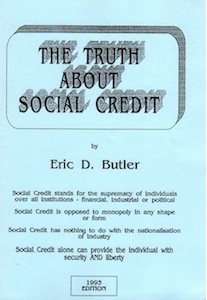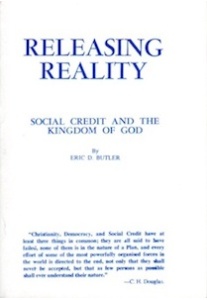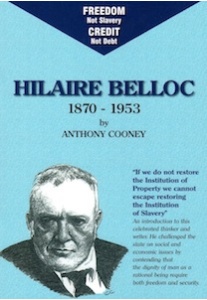| |
GUILD SOCIALISM has frequently been regarded as a cul-de-sac in social and economic thought. However, this work breaks new ground in demonstrating its continued relevance. Focusing on the Douglas Social Credit movement, it examines the origin of the key ideas, gives an overview of the main theories and their contemporary reception.
Description
Douglas is credited with being the author of a simple, ingenious but erroneous proposal to end depression in the inter-war years. The Social Credit Government, which held power in Alberta during the middle decades of the XXth century is equally remembered in association with Douglas. Although the Canadian party arose from an interpretation of the texts attributed to him, its policies had little in common with the original texts. Historical documentation of the social credit phenomenon has focused almost exclusively on the Canadian experience. This work approaches the phenomenon from a different perspective. It explores the guild socialist origins of the texts, condenses the economic and social theory of the original texts into a concise exposition and documents the subsequent history. Thoroughly researched, the work provides original material of relevance to the field of political economy. This early approach to non-equilibrium economics reveals the extent of the incompatibility between capitalist growth economics and social environmental sustainability.
|




